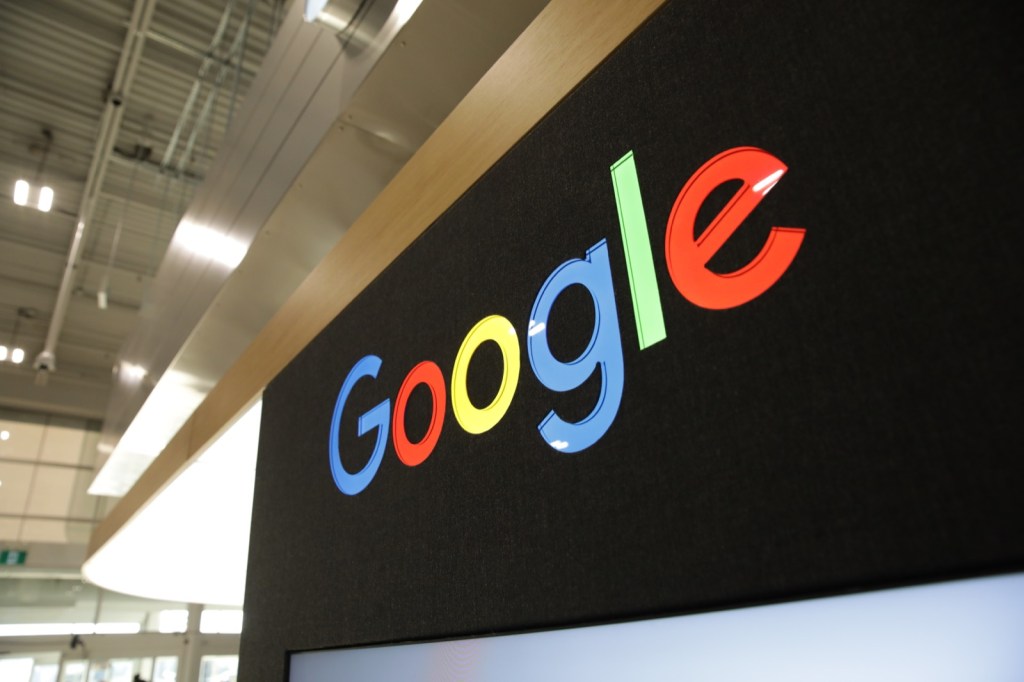Google is contributing to the $150 million going into The Vector Institute, a new initiative housed at the University of Toronto, guided by chief scientific adviser Geoffrey Hinton. The Institute is getting started today, with significant investment from the governments of Canada and the province of Ontario. Google’s contribution is around $5 million, but it’s likely the future of the two organizations will be closely aligned, since Hinton also acts as VP and Engineering Fellow at Google, where he has had a key role in spearheading AI via Google Brain.
The Vector Institute is a dedicated AI research facility, and will use its amassed resources to fund research by postgraduate researchers working on projects in the field. The areas of focus for The Vector Institute include healthcare, financial business, plus manufacturing and material science.
Meanwhile, Google is also launching Google Brain Toronto, which is actually the second Google Brain satellite office based in Canada. The first was Google Brain Montreal, which was announced late last year when Google invested in that city’s MILA Institute, led by another Canadian artificial intelligence pioneer Yoshua Bengio. Google Brain Toronto will be where Hinton will conduct his own basic research, in partnership with a team of Canadian experts in the field focused on the area. With Vector, he’ll be providing more general direction – advising where researchers might best spend their time, and championing the continued pursuit of neural net research specifically.
Google has so far invested $18 million in fundamental AI research, that is, not research tied to any specific commercial endeavor. $10 million of that has been invested over the course of the past six months, as the search giant looks to solidify its role as a core private partner when it comes to AI education in the country.
At a briefing at Google Canada’s headquarters this morning, Hinton explained to a small group of journalists why AI is having its major moment in Canada, and across the world at large. The basic reason is one you may have heard before, if you’ve been following the resurgence and general increase in popularity of AI and machine learning: Basically, after a couple of periods of intense interest in the 70s and then again in the early 90s, we’re only finally now getting to a point where computers can handle the algorithms developed in the past to replicate synthetic neural networks. That’s thanks to the cost and availability of parallel processing, which is now well within reach for tech company budgets and available data center capacity
Hinton explained that he and other leading AI researchers have long believed that the key to solving problems that computers have typically had trouble with, like reliably translating language or identifying images, lied in mimicking the way the brain works.
“Up to this point people thought this was crazy, overly optimistic,” Hinton said, since it isn’t known that this was in fact, the way the brain definitely worked. “People had a point, it was very optimistic to think that – we basically believed it because we believed the brain did that.”
This is why early AI research, specifically the work of Hinton and his colleagues, was seen by some of their academic peers as somewhat ‘faith-based’ – belief in the model’s efficacy required belief that both computing power would eventually be able to replicate the neural network system effectively, and that this was, in fact, the way that our brains processed complex tasks related to images and language.
Google Brain Canada is a direct result of this bet paying off. It took longer than most people thought, with the first real breakthrough coming in 2009 when a neural network based system became better at speech recognition than a human transcriber. This was implemented in Android in 2012, and basically all domains have been touched by similar advances in the time since.
The offices are an investment in the talent and research community that also tends to aggregate around academic hotspots like Toronto, Google says. And its proximity to The Vector Institute will mean Google can have an influence in the direction basic research takes, above and beyond its own efforts. This is likely an investment that’s likely to grow over time, too, as Canada’s government and industry rally around the emerging opportunity.































Comment